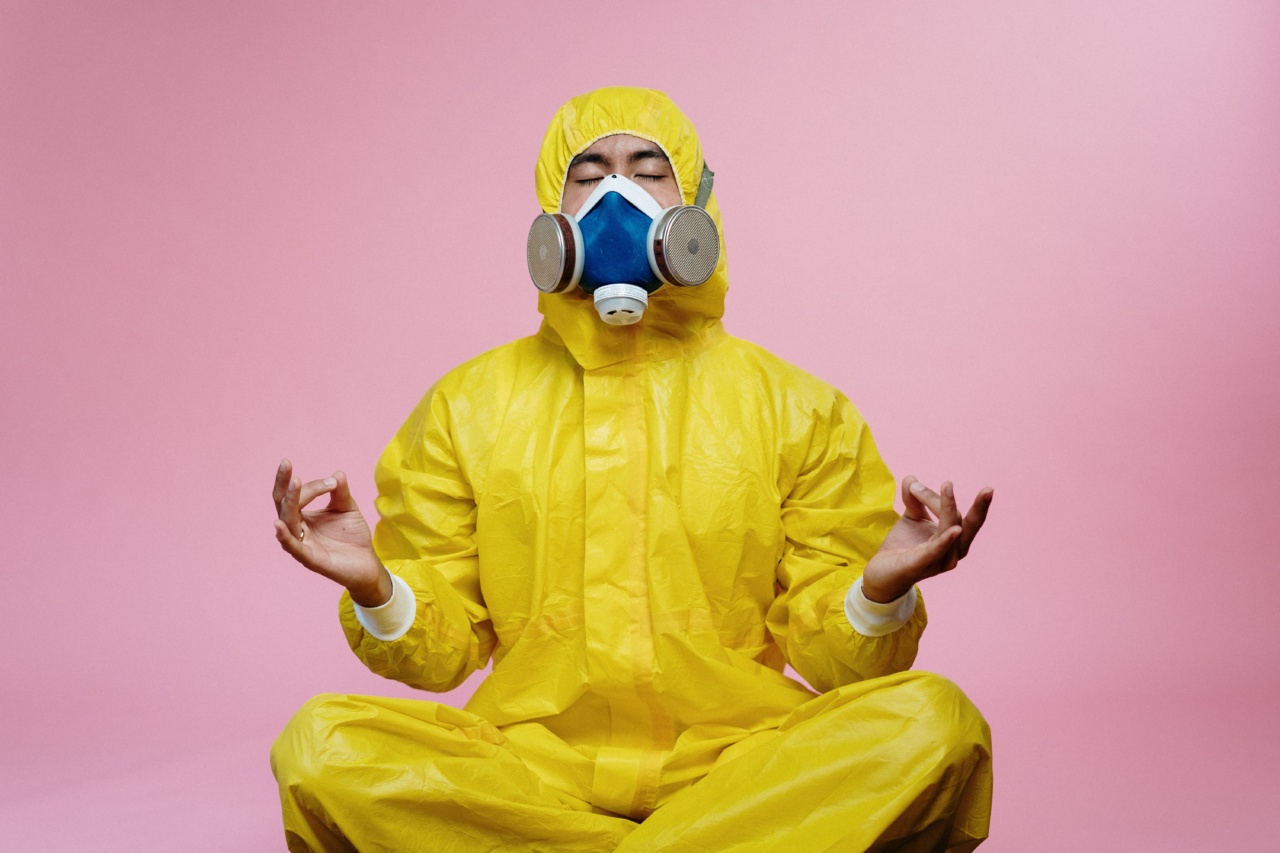Incontinence is a problem that affects both men and women, but the impact on men’s health can be particularly severe. Incontinence can cause embarrassment, discomfort, and even depression, but it can also lead to serious medical complications.
What is Incontinence?
Incontinence is the involuntary release of urine, stool, or both. It can happen for a variety of reasons, including aging, injury, surgery, or neurological conditions. It can be temporary or chronic, and it can range from mild to severe.
Incontinence can be classified as urge incontinence, stress incontinence, or overflow incontinence.
: The Hidden Dangers of Incontinence for Men’s Health
1. Urinary Tract Infections (UTIs)
Incontinence can increase the risk of urinary tract infections (UTIs). Bacteria can grow in the stagnant urine that is present in the bladder due to incontinence.
UTIs can cause pain, discomfort, and fever, and if left untreated, they can lead to kidney damage.
2. Skin Irritations and Infections
Incontinence can cause skin rashes, irritation, and infections. The constant exposure to urine can strip the skin of its protective natural oils, leading to dryness, cracking, and irritation.
When the skin is damaged, it is more vulnerable to bacterial and fungal infections.
3. Falls and Fractures
Incontinence can increase the risk of falls and fractures, especially in older men. The frequent need to use the bathroom can lead to rushing and losing balance.
Falls can cause serious injuries, such as hip fractures, that can lead to long-term disability and reduced quality of life.
4. Impaired Sexual Function
Incontinence can have a profound impact on men’s sexual function. The fear of leaks and embarrassment can cause anxiety and depression, leading to decreased libido and erectile dysfunction.
In addition, some treatments for incontinence, such as surgery or medications, can cause sexual dysfunction as a side effect.
5. Social Isolation and Depression
Incontinence can also cause social isolation and depression. Men may avoid social activities, such as sports or gatherings, to avoid embarrassment and leaks. This can lead to feelings of loneliness and depression, reducing quality of life.
Treatment Options for Incontinence
Incontinence can be treated in a variety of ways, depending on the underlying cause and severity. These treatments can include behavioral therapies, medications, devices, and surgery.
: Behavioral Therapies
Behavioral therapies involve changing habits and patterns that can contribute to incontinence. This can include pelvic floor exercises, scheduled toileting, and bladder training.
: Medications
There are medications available to treat different types of incontinence.
Anticholinergics can be used to treat urge incontinence, alpha blockers can be used to treat overflow incontinence, and topical creams can be used to treat skin irritations and infections.
: Devices
Devices such as catheters, penile clamps, and absorbent pads can be used to manage incontinence and reduce the risk of complications.
External urinary collection devices such as condom catheters can help men with incontinence stay dry and infection-free without resorting to diapers or absorbent pads.
: Surgery
Surgery can be an option for severe cases of incontinence that do not respond to other treatments.
The type of surgery depends on the cause of incontinence, but it can include bladder suspension, artificial urinary sphincter, or sacral nerve stimulation. These surgeries can be effective in reducing or eliminating incontinence, but they can also have side effects and risks.
Preventing Incontinence
While incontinence is not always preventable, there are some steps that men can take to reduce their risk or delay the onset of incontinence. These steps include:.
- Maintaining a healthy weight
- Staying hydrated
- Avoiding bladder irritants, such as caffeine and alcohol
- Exercising regularly
- Practicing good toileting habits, such as emptying the bladder completely and avoiding straining during bowel movements
- Considering pelvic floor exercises
Conclusion
Incontinence is a common problem that affects many men, and it can have serious consequences for their health and quality of life. It is important for men to seek treatment and prevent incontinence when possible.
By taking steps to manage their condition, men can reduce the risk of complications and enjoy a better quality of life.































